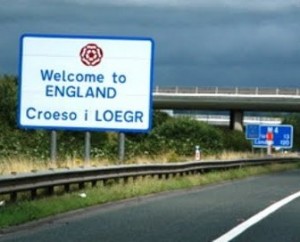(This post is about the story ‘Day 29’, in the Peacock Cloak collection.)
‘Day 29’ was the first to be written of my two stories about Lutania. In fact Lutania evolved initially as mere background to the original idea behind this story which was the one about loss of memory and loss of inhibition.
But the secret of a good story, I think, is that nothing in it should stay ‘mere’ anything. As far as possible, every detail should be interesting in its own right. The details of Lutania eventually engrossed me to the point where I realised I still hadn’t done with the place after one story, and wrote ‘The Caramel Forest’ as well.
‘Day 29’ owes a debt to Philip Palmer’s novel Version 43, not only for the obvious similarity of the titles, but also for the idea of using the process of teleportation itself as a plot device. In Version 43, you could travel from planet to planet by teleportation, but only at a 50% risk of being horribly mangled in transit. Here teleportation involves the certainty of a lacuna in your memory going back at least 29 days before making the crossing.
When I submitted this story to Sheila Williams at Asimov’s SF, she responded that she’d take the story ‘even though we don’t normally take horror’. Funnily enough, up to that point, I hadn’t quite understood that what I’d written was a horror story. But so it is. (So, perhaps, is ‘The Desiccated Man’?)
It really would be very disturbing, I think, to be outside of the chain that ties past and future together, and to know for certain that your own future self would not remember you.


